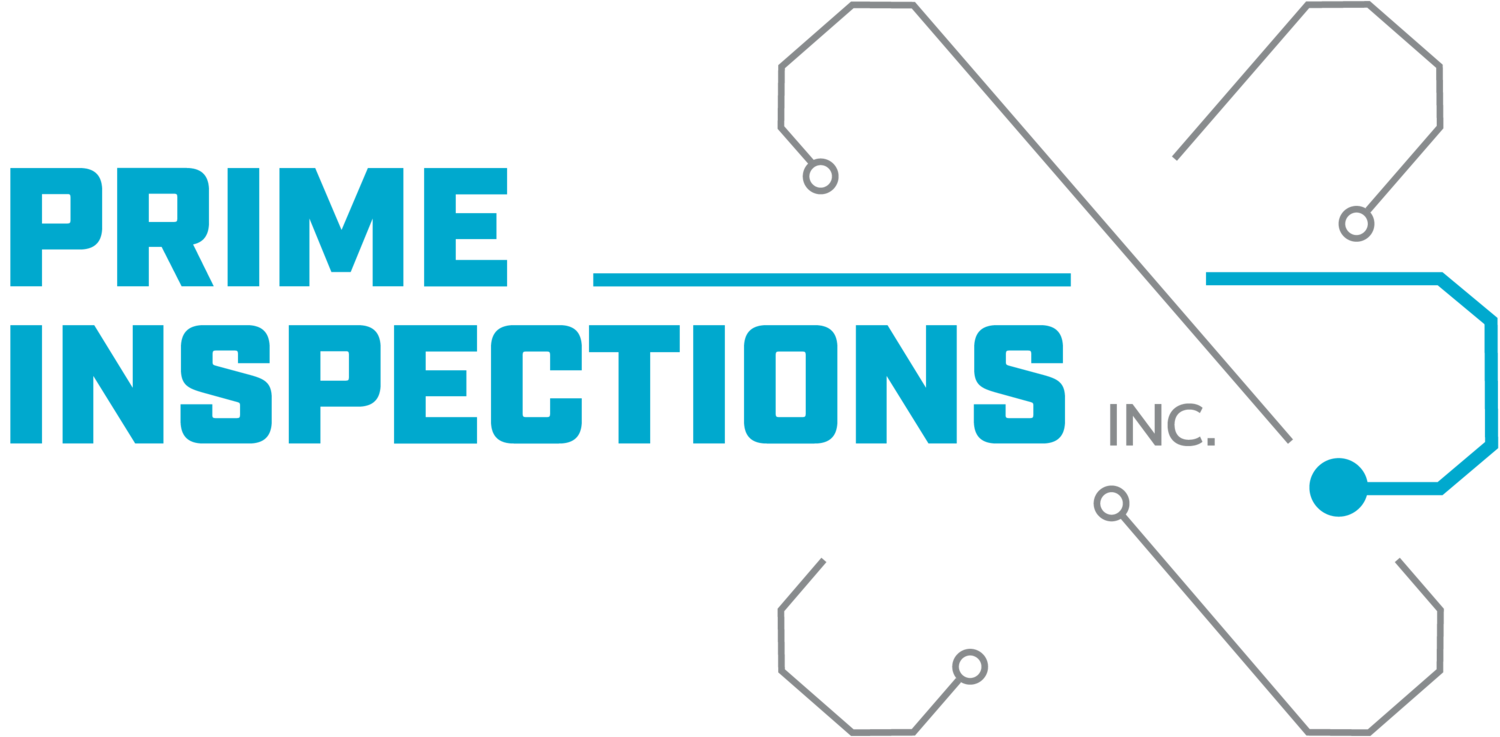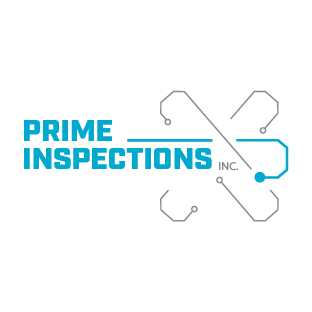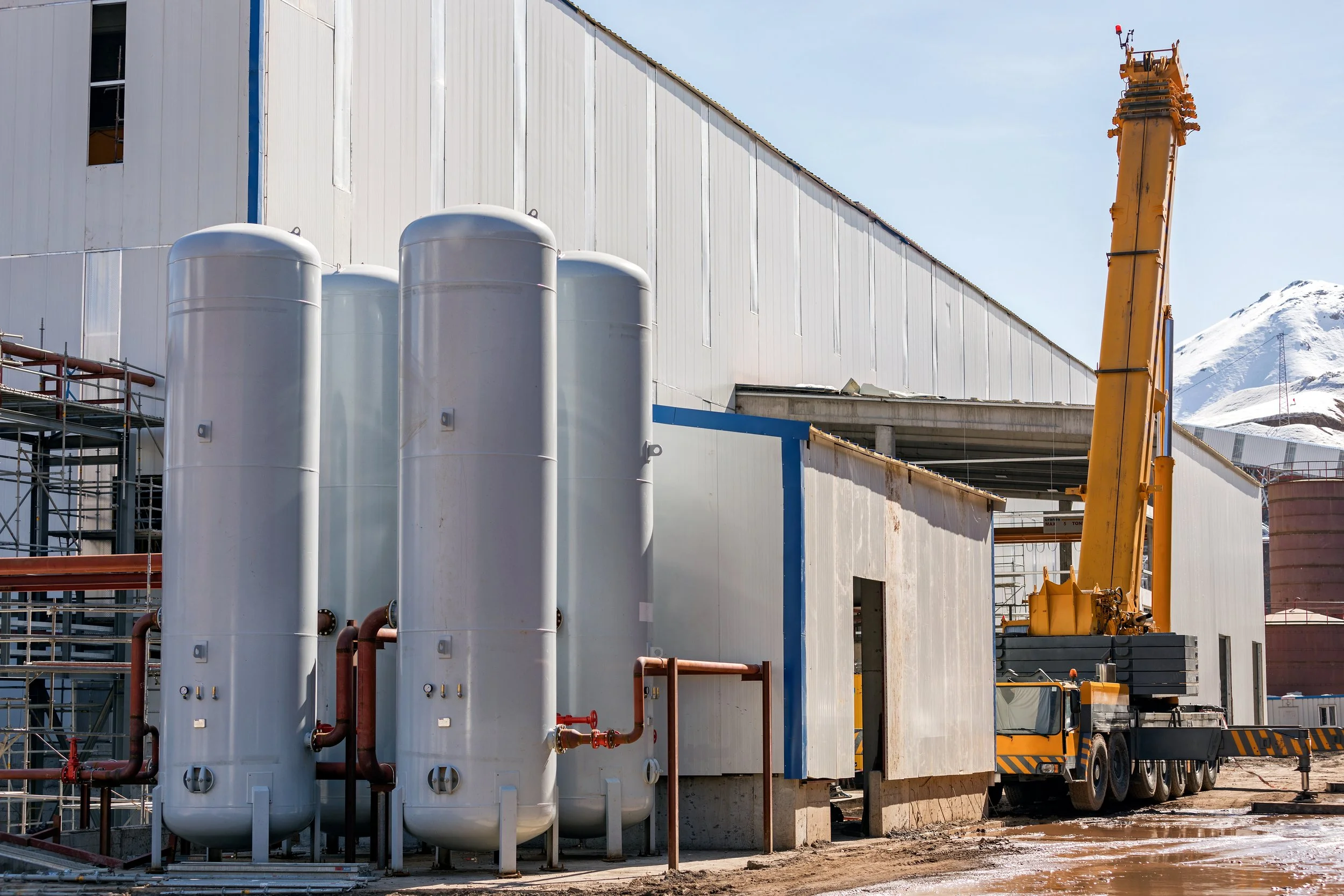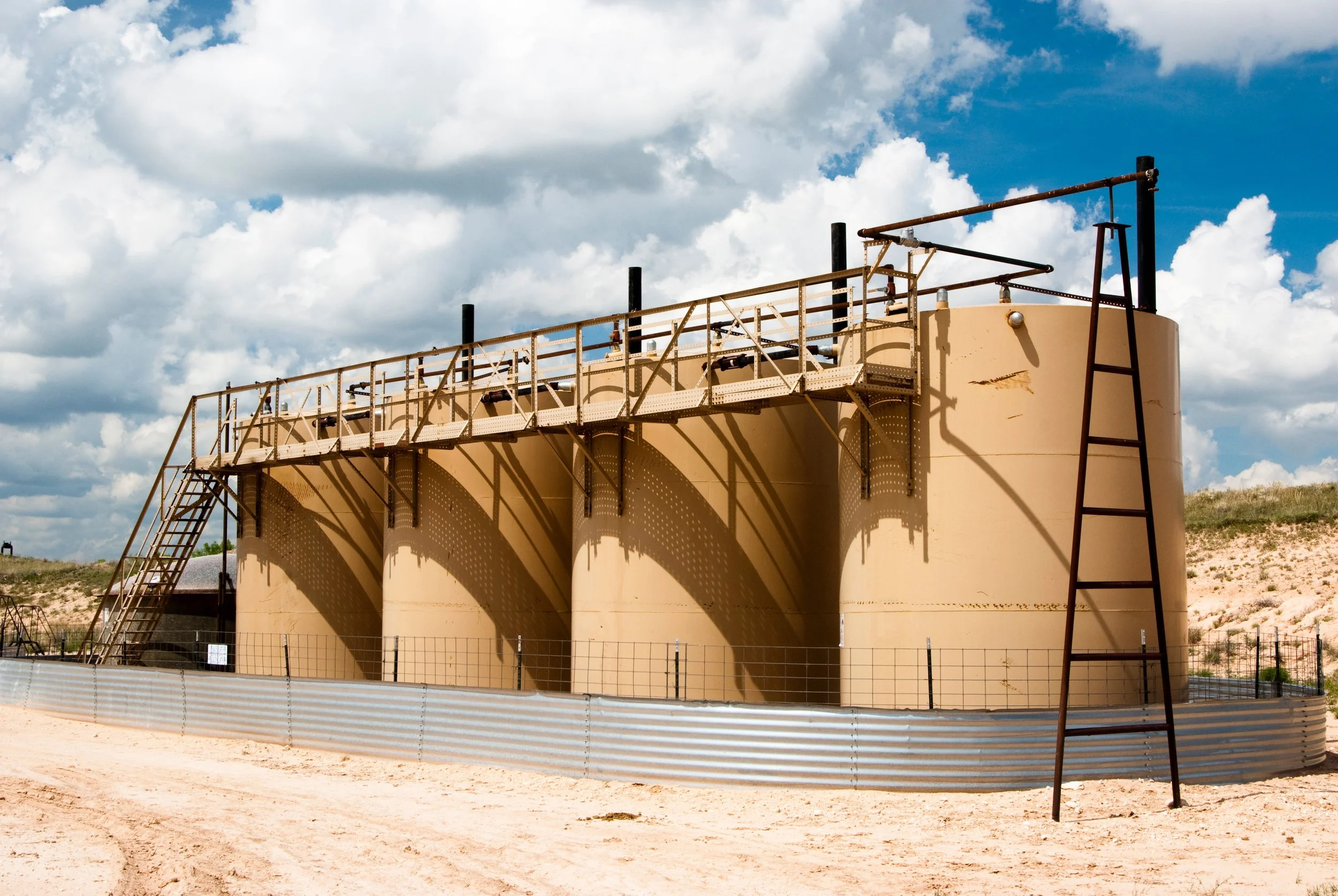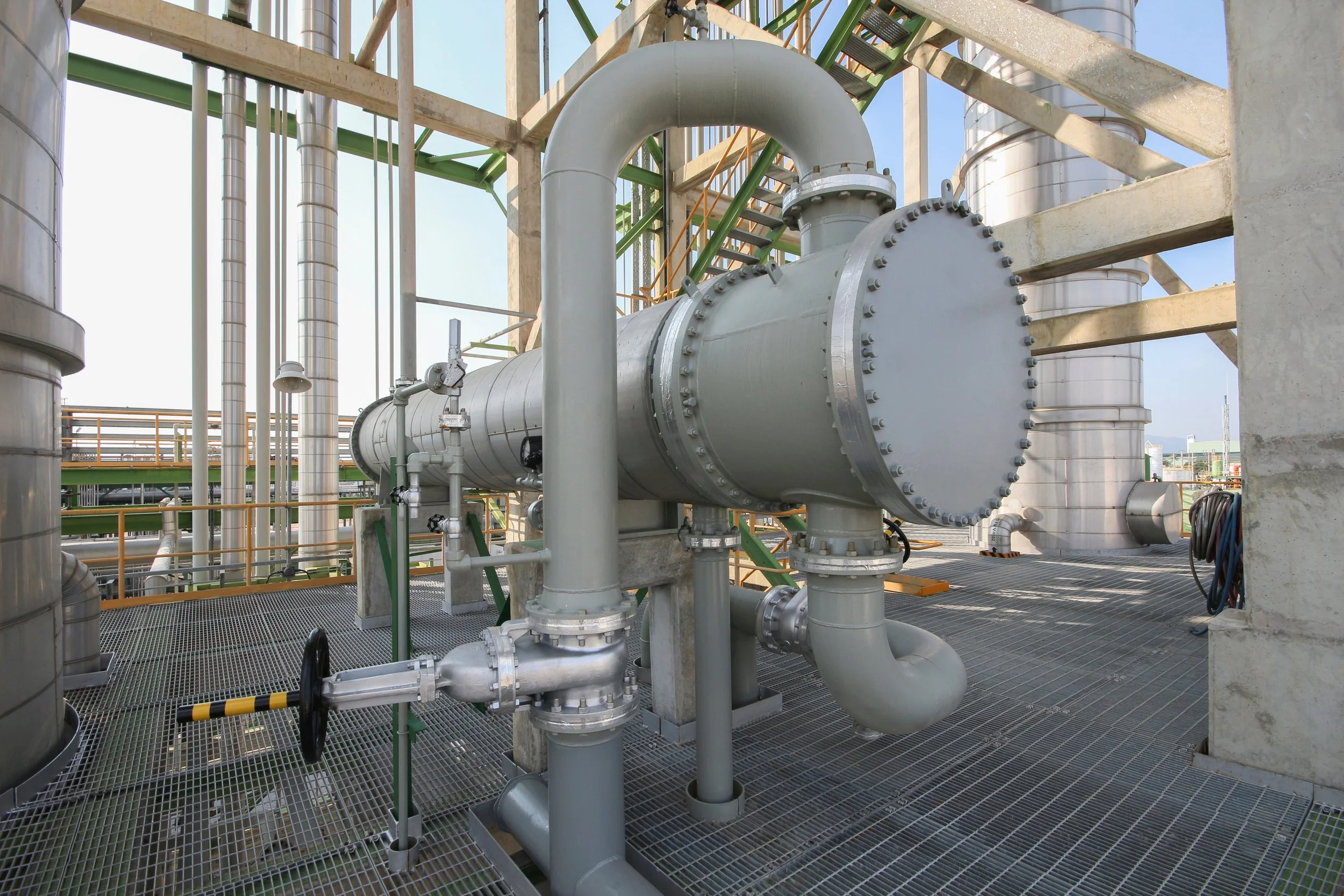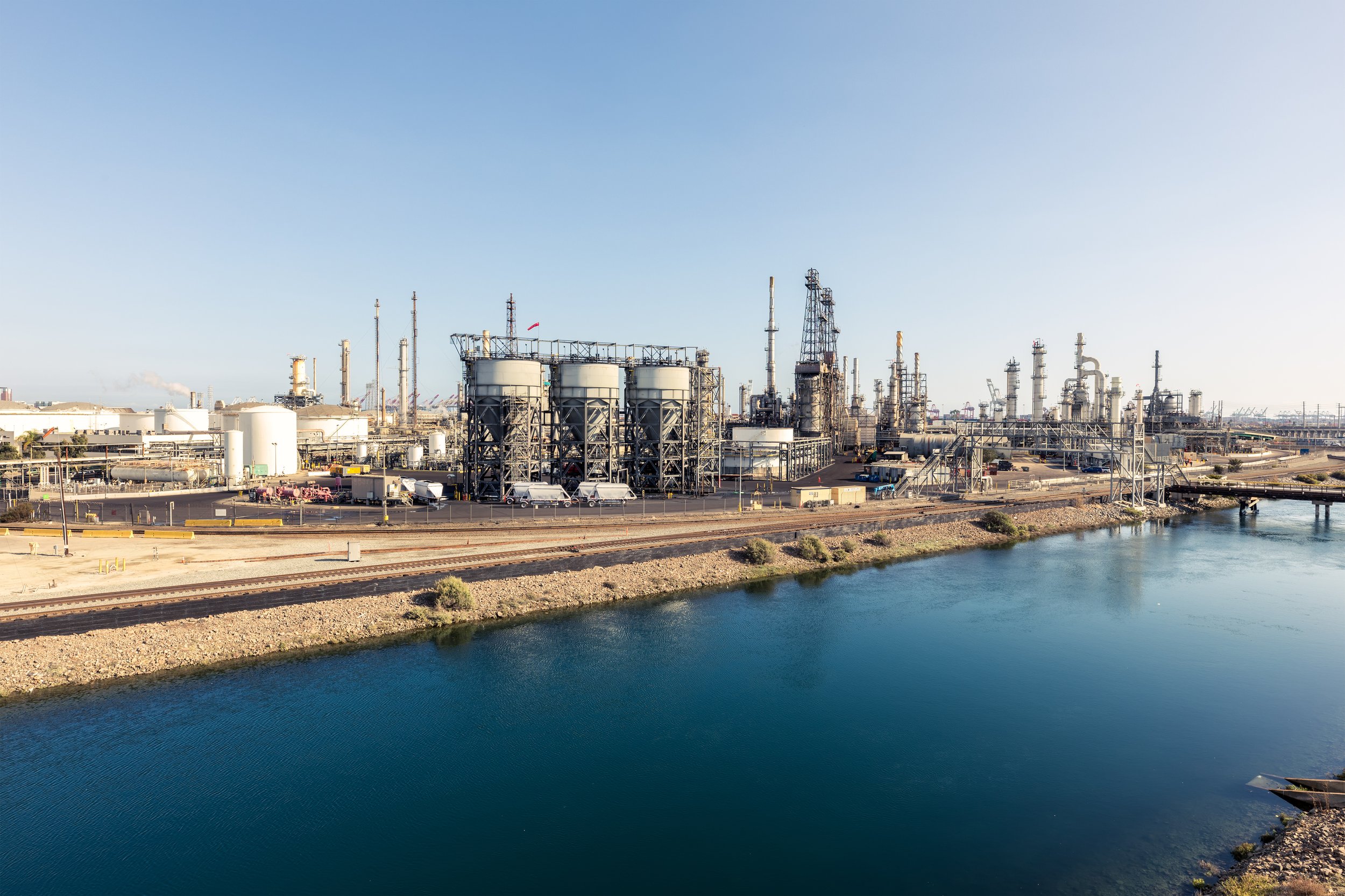
Integrity Assessments
Asset Condition Examinations
Integrity Assessments are vital to ensure the safety, quality, and fitness for service of pipelines, piping systems, and fixed equipment in the industrial industries. We offer on-site NDT methods aimed to verify, validate, and/or provide detailed data and analysis to help operators make integrity decisions and manage threats. Our certified inspectors are highly knowledgeable on industry inspection standards, regulations, and codes. As part of our integrity services, we provide the following offerings:
Pipeline Integrity Management
Inline Inspection (ILI) Verification and Validation
Direct Assessment: Direct Examination of External Corrosion
Mechanical Integrity
Risk-Based Assessment (RBI)
Fitness-For-Service (FFS)
Material Verification (MVI)
Corrosion Under Insulation (CUI)
Pipeline Integrity Management
ILI Verification and Validation
Prime Inspections offers ILI verification assessments, delivering operators a cost-effective solution to validate ILI inspection results.
The verification process involves:
a comprehensive review and analysis of ILI tool selection and history,
assessment of tool run results, and
verification of data consistency with expected outcomes.
This process ensures the selection of appropriate tools for detecting the expected feature types on the pipeline by evaluating tool performance across multiple inspection data sets to identify strengths and weaknesses.
The validation process ensures the accuracy of inspections by:
confirming that identified anomalies match known locations,
comparing ILI reports with NDT excavation results, and
contrasting ILI results with previous pipeline inspections.
Validation results determine the acceptability of inspection data sets based on ILI specifications.
Direct Assessment: Direct Examination of External Corrosion
During Direct Examination, all ECDA regions inspected as threats are then excavated and examined utilizing the appropriate NDT methods.
Our goal is to accurately identify and address corrosion threats that may impact the pipeline’s structural integrity by:
Providing highly qualified NDT technicians with access to state-of-the-art equipment
Requiring all NDT technicians to pass a comprehensive ILI training course before fieldwork
Supplying quality reports completed on time
After the data from the indirect assessment stage are analyzed and reviewed, the high-risk threats are then targeted for direct examination for review and inspection of:
Pipeline coating condition
Cathodic protection system condition
Pipeline defects
Pipeline corrosion damage
Soil characteristics such as resistivity and pH at pipeline depth
Mechanical Integrity
OSHA Regulation 1910.119, Process Safety Management of Highly Hazardous Chemicals (PSM), requires that the mechanical integrity of equipment is properly managed in order to prevent or minimize the consequence of catastrophic releases of toxic, reactive, flammable, or explosive chemicals.
Mechanical Integrity (MI) can be defined as the management of critical process equipment to ensure it is designed and installed correctly, and that it operates and is maintained properly (i.e. no leaks and all elements are fit for service).
Within the Process Safety Management plan, we provide inspection services required under the 8th element, Mechanical Integrity, which includes Risk-Based Assessments (RBI), Fitness-For-Service (FFS), Material Verification (MVI), and Corrosion Under Insulation (CUI). Our services cover a variety of refining, petrochemical, and chemical plant assets from piping systems, pressure vessels, and storage tanks, to pressure relief devices, heat exchangers, and rotating equipment.
-

Risk-Based Assessment (RBI)
A risk-based inspection (RBI) prioritizes and plans inspections based on the risk assessment of equipment, focusing resources on areas with the highest potential for failure and consequences.
We recommend and provide Baseline and Time Interval Inspections to further investigate manufacturing defects and to target higher-risk welds that need to be re-inspected at certain intervals.
-

Fitness-For-Service (FFS)
Fitness-for service (FFS) assessments help operators determine run-repair-replace decisions, mitigate risk, and ensure safety.
Our NDT methods for FFS applications include running a Structural Analysis of the components existing condition utilizing one or more NDT techniques, Material Verification, and Corrosion and Cracks Defects Propagation Rate Evaluation utilizing UT and wall thickness calculations.
-

Material Verification (MVI)
The Material Verification (MVI) process is performed in excavations using elemental detection methods. Clients receive a detailed Chemical-Analysis Report for the required code calculations and material-grade verification. Following testing, in most cases, our PMI technicians can perform the analysis at the client’s site.
-
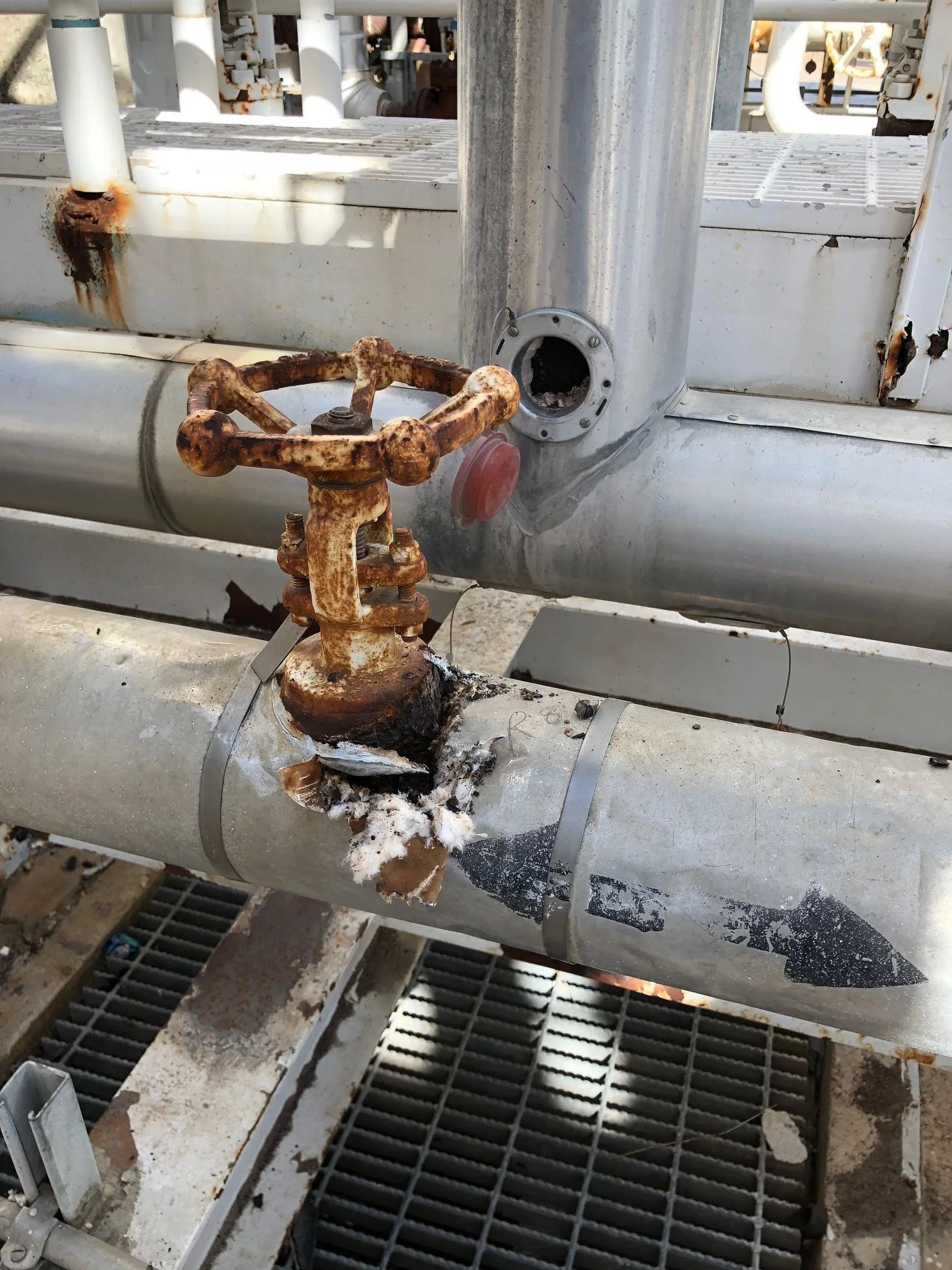
Corrosion Under Insulation (CUI)
Corrosion Under Insulation (CUI) is an internal issue that can cause failures in areas often overlooked during periodic NDT inspections with conventional methods.
CUI is hard to detect because insulation hides the corrosion until it’s too late. Removing and reinstating insulation is costly. Our NDT services allow inspections without removing insulation, significantly reducing costs.
Assets We Cater To
